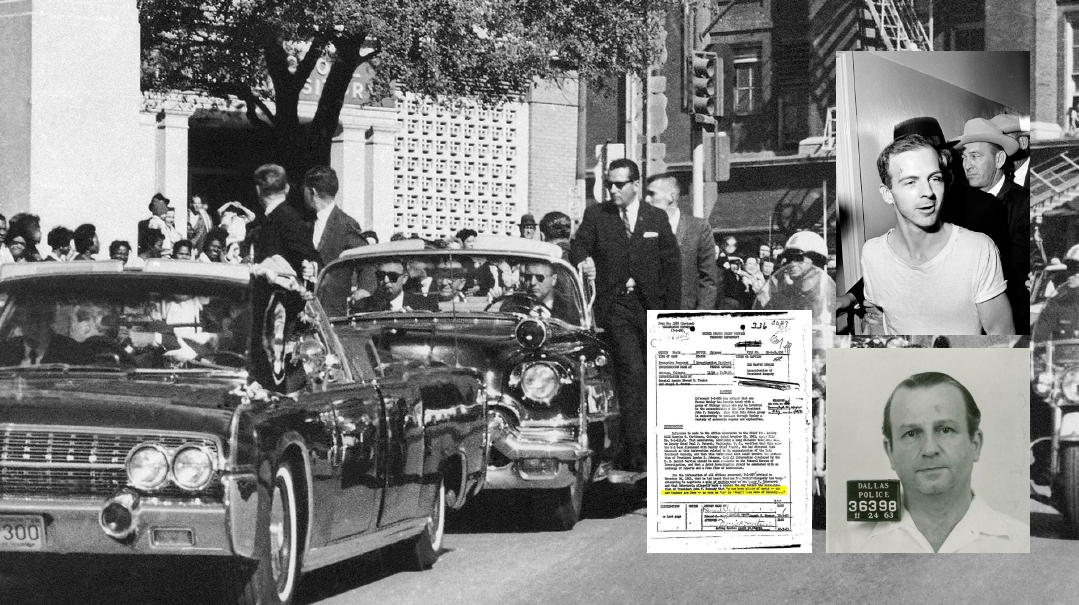Birthright for All?


E
xactly one week before the midterm elections, President Trump ruffled feathers and triggered headlines when he raised the idea of ending birthright citizenship.
“We’re the only country in the world where a person comes in and has a baby, and the baby is essentially a citizen of theUnited States... with all of those benefits,” Trump told Axios News. “It’s ridiculous. It’s ridiculous. And it has to end.”
As was quickly pointed out, Trump was speaking erroneously. In fact, there are more than 30 countries with birthright citizenship, mostly in the Western hemisphere. Trump also insisted that he could end this legal right with an executive order, thereby bypassing Congress.
Whether he was simply trying to rouse his base before the elections or raise a possible agenda item for after the elections, can the president do such a thing?
Let’s start from the beginning. What exactly is birthright citizenship?
The concept is straightforward: those born in a country are citizens, even if their parents are not. The principle, known as jus soli, or right of the soil, originated in ancientGreece, and was later adopted by theRoman Empire in the 3rd century.
When and how was the principle adopted in the United States?
Jus soli was enshrined in English common law in the early 17th century, and was later exported to the colonies. It was first established as part of the newly formed United States Constitution in 1790 as the Naturalization Act. However, since it applied exclusively to “free white persons” “of good character” — effectively eliminating native Americans, slaves, free blacks, and other immigrants — the American government in 1868 passed the Citizenship Clause of the 14th Amendment to the Constitution, which stated that “all persons born or naturalized in the United States, and subject to the jurisdiction thereof, are citizens of the United States and of the state wherein they reside.”
Aside from enshrining a right to citizenship for all, the clause was also meant to override the Dred Scott v. SandfordSupreme Court ruling from 1857, in which a black man named Dred Scott was denied the right to be a free citizen on the claim that blacks could not appeal to the Supreme Court.
Was birthright citizenship ever contested in the past?
Yes, many times. Already in 1898, the Supreme Court ruled on the case of Wong Kim Ark, a man born in the United Statesto Chinese parents. The family subsequently returned to China, but when Wong wanted to return to the US, he was denied entry. Wong appealed to the Supreme Court, which upheld his claim to citizenship in accordance with the 14th Amendment. Since then, various remedies have been floated to deal with the paradoxical situation in which millions of illegal aliens living in the UShave children who are citizens. In the 1990s, Sen. Henry Reid, a Democrat, suggested canceling jus soli as a way of discouraging illegal immigration, a position that he ultimately abandoned. The next time the issue made the headlines was in 2015, when candidate Donald Trump raised the idea in one of his campaign’s policy papers.
If the idea failed to gain traction in the past, why does Trump think it will succeed now?
Trump and Vice President Pence claim that the words “subject to the jurisdiction thereof” in the 14th Amendment imply that the clause does not apply to those who entered theUSillegally. Therefore, Congress can pass a law to clarify the matter.
There’s only one problem: The Republican leadership wasted no time in saying that it was impossible to end birthright citizenship with an executive order. “You know, as a conservative, I’m a believer in following the plain text of the Constitution, and I think in this case, the 14th Amendment is pretty clear,” said Rep. Paul Ryan, outgoing speaker of the House. Though Ryan is resigning, his position on the issue should signal to the president that he can expect Republican opposition to any change in the status quo.
Moreover, Trump’s talk about an executive order appears to be more of a political maneuver than a real plan. Ryan hinted to that when he raised the large number of executive orders carried out by Barack Obama, which were heavily criticized by Republicans. “We didn’t like it when Obama tried changing immigration laws via executive action, and obviously as conservatives we believe in the Constitution,” Ryan said.
How many people would lose citizenship if the law was changed?
According to the nonpartisan Migration Policy Institute, there are today 4,076,100 citizens with at least one undocumented immigrant parent. The MPI notes that if the current version of the 14th Amendment is annulled, by 2050, another 4.7 million babies will be born without any legal status, and without any channel to citizenship.
So what’s the bottom line?
It’s highly unlikely Trump will override the 14th Amendment, even via legislation. It seems that, against the background of the upcoming midterm elections, and with the immigration issue playing front and center, he’s raising the issue as a political gambit. But he’ll have to travel a long road before he can enact any real change on such a complex and controversial issue.
Oops! We could not locate your form.













